How famous writers forced themselves to work
Categories: Celebrities | Culture
By Pictolic https://pictolic.com/article/how-famous-writers-forced-themselves-to-work.htmlHow were great books created? How did Nabokov write Lolita? Where did Agatha Christie work? What was Hemingway's daily routine? These and other details of the creative process of famous authors are in our issue.
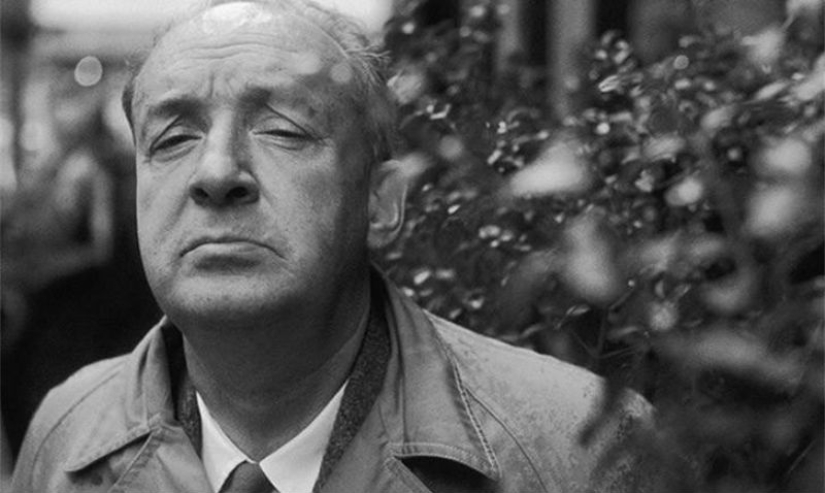
To write a book, you first need inspiration. However, each writer comes to his own muse, and it does not always come and not everywhere. The famous authors went to all sorts of tricks to find the very place and the very moment when the plot and characters of the book formed in their head in the best way. Who would have thought that great works were created in such conditions!
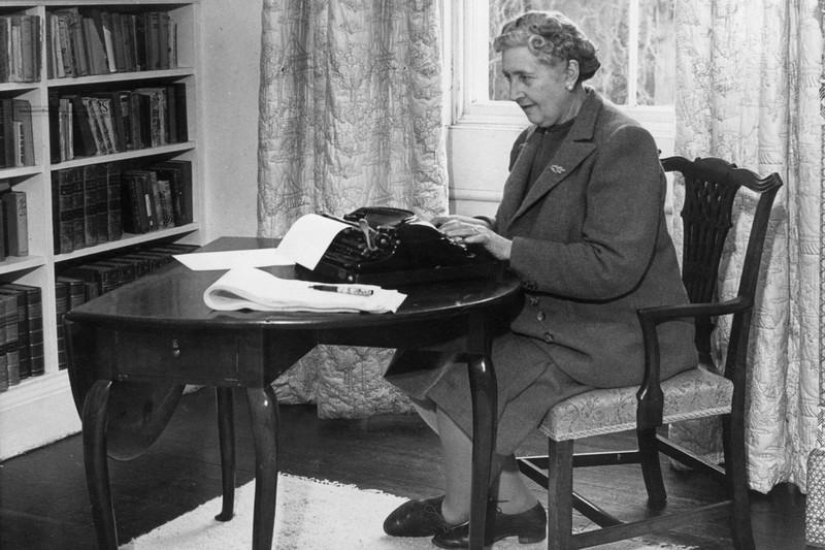
Agatha Christie (1890-1976), having already published a dozen books, indicated "housewife" in the questionnaire line "occupation". She worked in fits and starts, without a private office or even a desk. She wrote in the bedroom at the wash table, or she could sit at the dining table between meals.
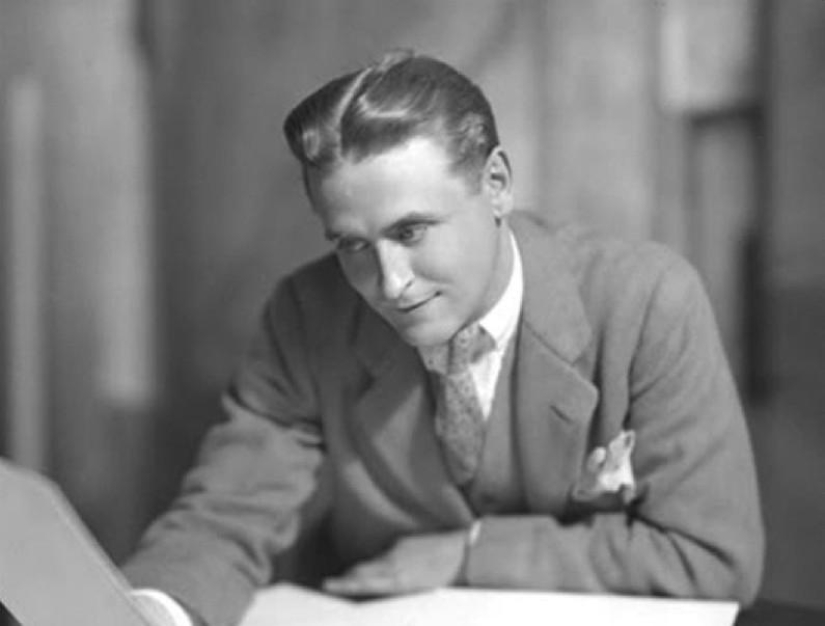
Francis Scott Fitzgerald (1896-1940) wrote his first novel, The Other Side, in training camp on scraps of paper in his spare time. After serving, he forgot about discipline and began to use alcohol as a source of inspiration.
I slept until lunch, sometimes worked, and at night I partied in bars. When there were bouts of activity, I could write 8000 words in one approach. It was enough for a big story, but it wasn't enough for a story. When Fitzgerald wrote "The Night is Tender," it was with great difficulty that he managed to stay sober for three or four hours.
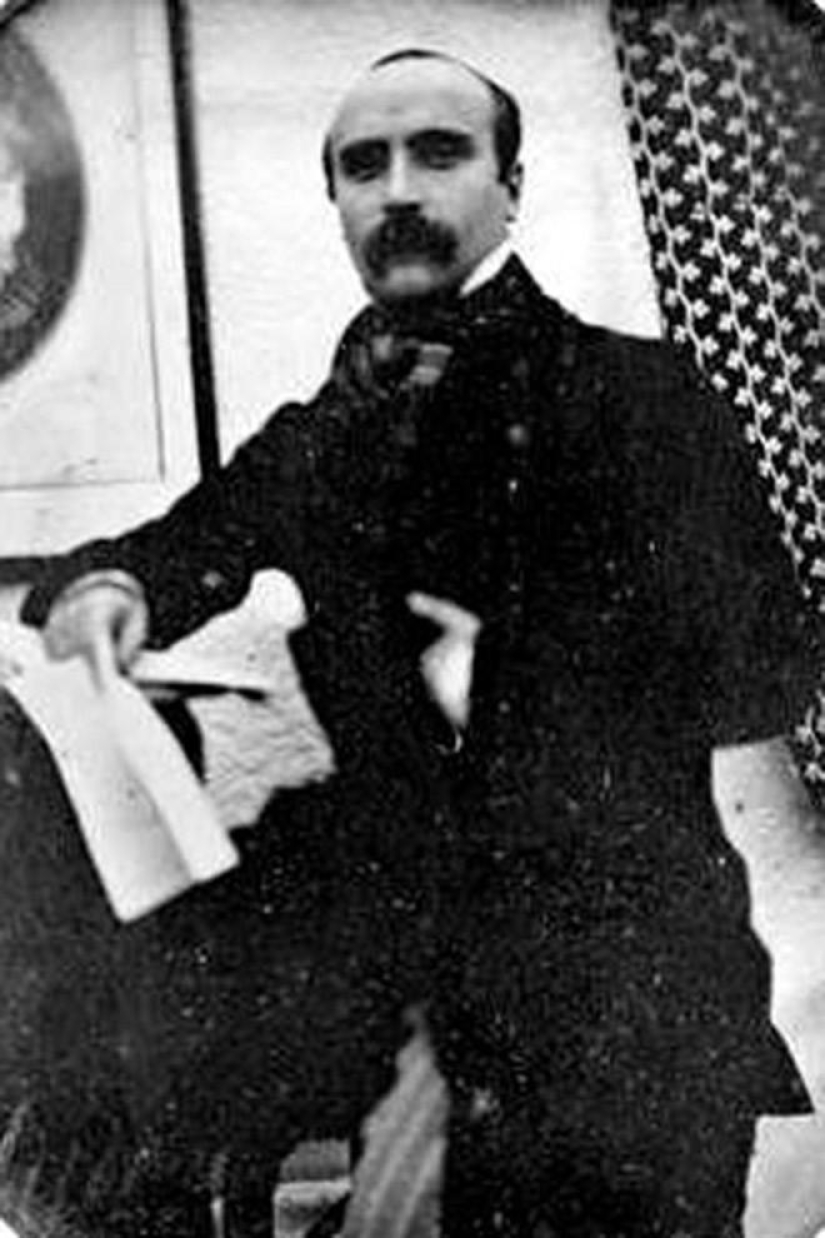
Gustave Flaubert (1821-1880) wrote Madame Bovary for five years. The work progressed too slowly and painfully:
Flaubert woke up at ten in the morning, without getting out of bed, reading letters, newspapers, smoking a pipe, talking with his mother. Then I took a bath, had breakfast and lunch at the same time, and went for a walk. He taught his niece history and geography for an hour, then sat in a chair and read until seven in the evening. After a plentiful supper, he talked for several hours with his mother, and finally, as night fell, he began to compose.
Years later, he wrote:
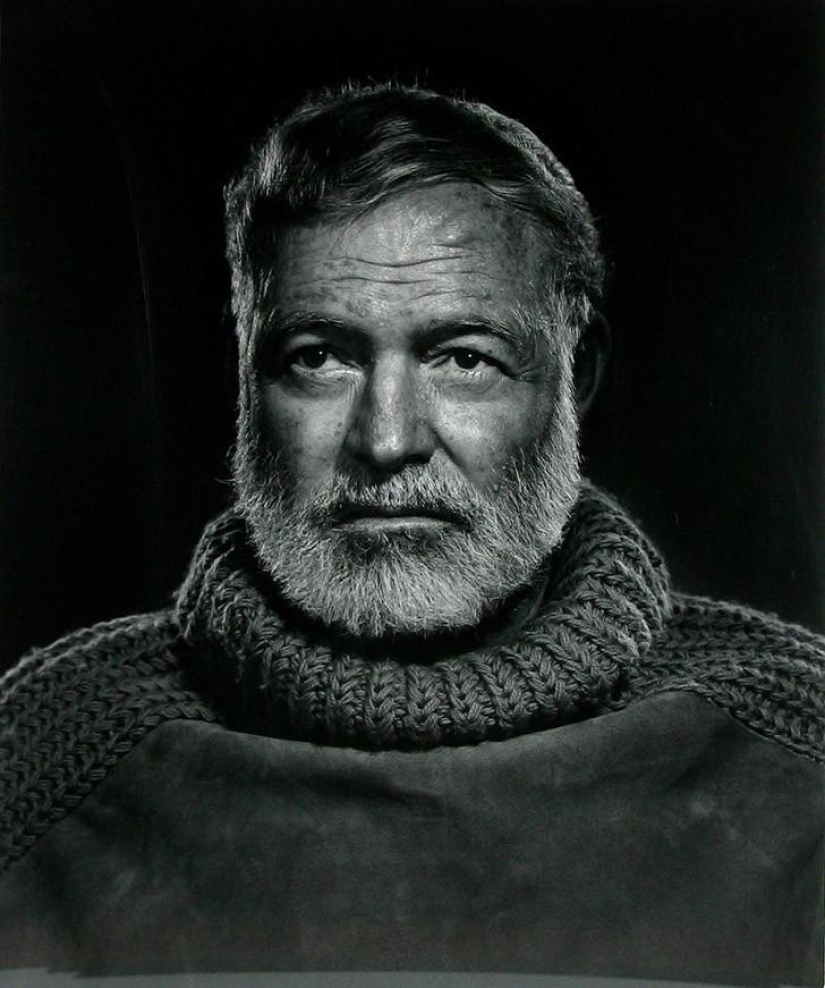
Ernest Hemingway (1899-1961) rose at dawn all his life. Even if he had been drinking late the night before, he would get up no later than six in the morning, fresh and rested.
Hemingway worked until noon, standing by the shelf. There was a typewriter on the shelf, and on the typewriter was a wooden board lined with sheets for printing. After writing all the sheets with a pencil, he would take down the board and reprint what he had written. Every day, he counted the number of words written and plotted a graph.
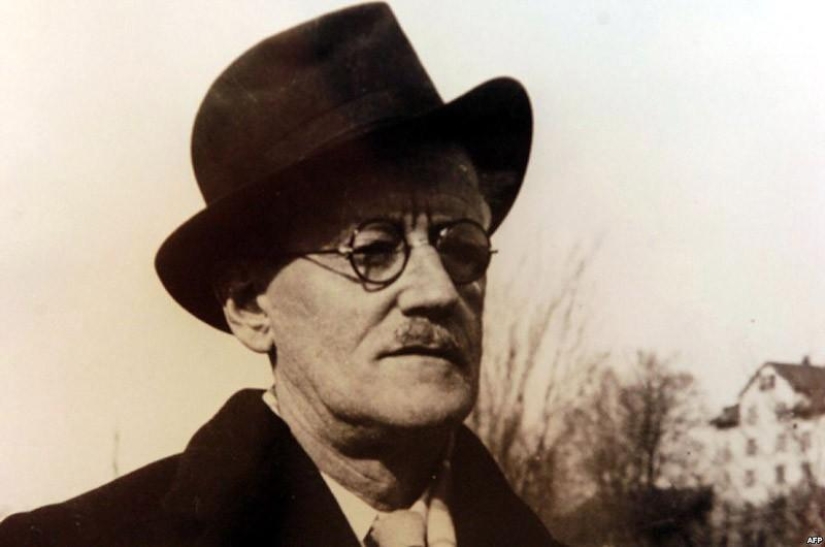
James Joyce (1882-1941) wrote about himself:
No regime, no organization. He slept until ten, had coffee and bagels for breakfast in bed, earned money by taking English lessons and playing the piano, constantly borrowed money, and distracted his creditors by talking politics. To write "Ulysses", it took him seven years, with breaks for eight illnesses and eighteen moves to Switzerland, Italy, and France. Over the years, he spent about 20 thousand hours at work.

Haruki Murakami (born 1949) gets up at four in the morning and writes for six hours straight. After work, he runs, swims, reads, and listens to music. At nine o'clock in the evening, lights out.
Murakami believes that the repetitive mode helps him to plunge into a trance, useful for creativity. He once led a sedentary lifestyle, gained weight and smoked three packs of cigarettes a day. Then he moved to the village, began to eat fish and vegetables, quit smoking and has been running for more than 25 years. The only drawback is the lack of communication. To comply with the regime, Murakami has to decline all invitations, and friends are offended.
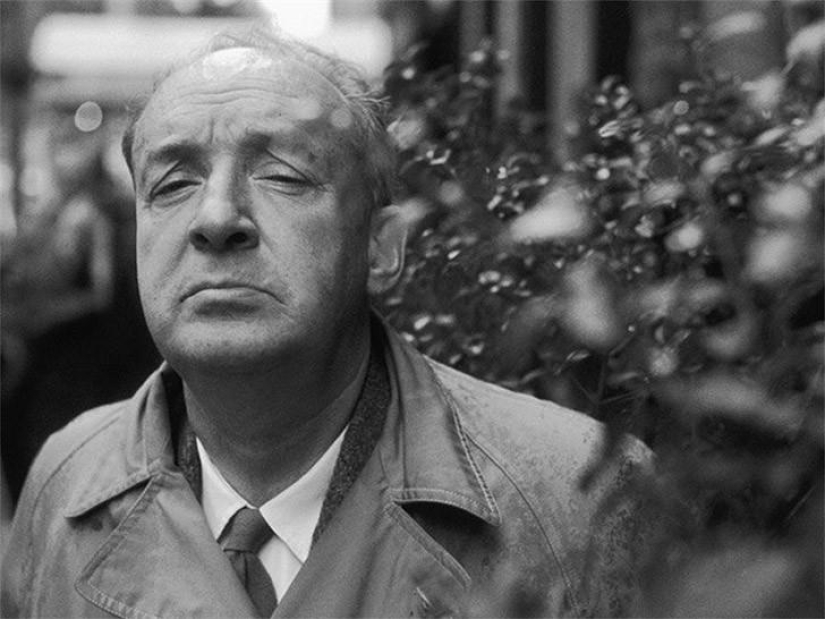
Vladimir Nabokov (1899-1977) sketched novels on small cards, which he put in a long catalog box. He wrote down pieces of text on cards, and then put together the fragments of the page and chapter of the book. Thus, the manuscript and the desktop fit into the box.
Nabokov wrote Lolita at night in the back seat of a car, believing that there was no noise and distractions. As he grew older, Nabokov never worked after lunch, watched football games, sometimes indulged in a glass of wine and hunted butterflies, sometimes running for a rare specimen up to 25 kilometers.
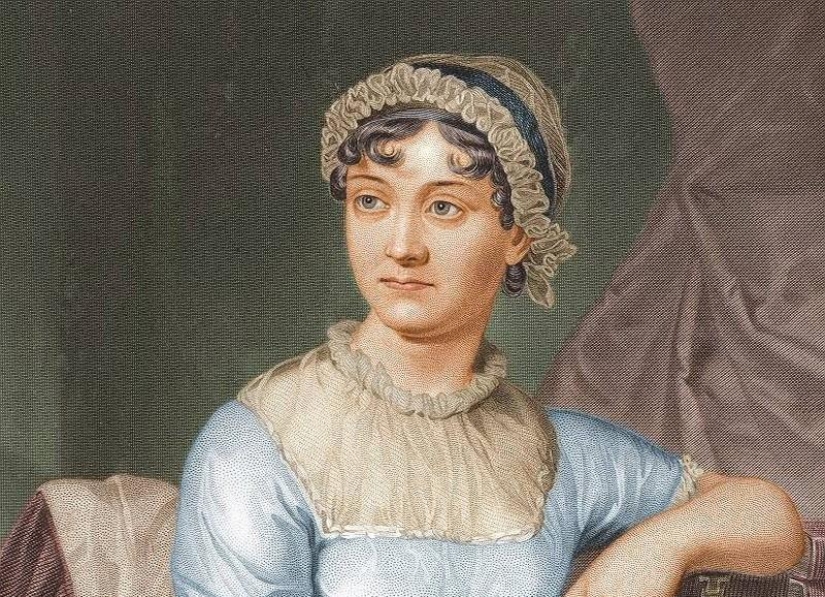
Jane Austen (1775-1817), author of the novels "Pride and Prejudice", "Feeling and Sensibility", "Emma", "Arguments of reason".
Jane Austen lived with her mother, sister, friend, and three servants. She never had a chance to be alone. Jane had to work in the family living room, where she could be interrupted at any time. She wrote on small scraps of paper, and as soon as she heard the door creak, warning her of a visitor, she had time to hide the notes and get out a basket of needlework. Later, Jane's sister Cassandra took over the running of the household.
Grateful Jane wrote:
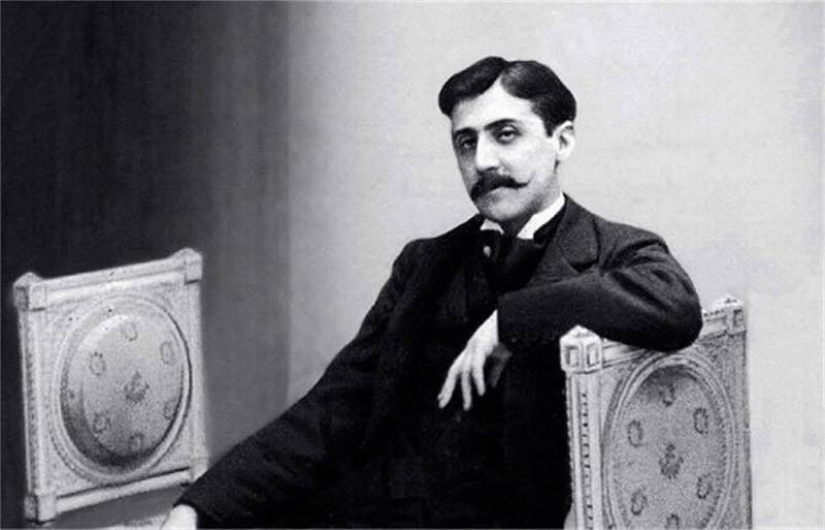
Marcel Proust (1871-1922) wrote the novel "In Search of Lost Time" for almost 14 years. During this time, he wrote one and a half million words.
In order to concentrate fully on his work, Proust hid from society and almost never left his famous oak-paneled bedroom. Proust worked at night, and during the day he slept until three or four o'clock. Immediately after waking up, he lit a powder containing opium — this was how he treated asthma. I didn't eat much, just coffee with milk and a croissant for breakfast.
Proust wrote in bed, with his notebook propped on his lap and pillows propped up under his head. In order not to fall asleep, I took caffeine pills, and when it was time to go to bed, I ate caffeine veronal. Apparently, he tormented himself intentionally, believing that physical suffering allows you to reach heights in art.
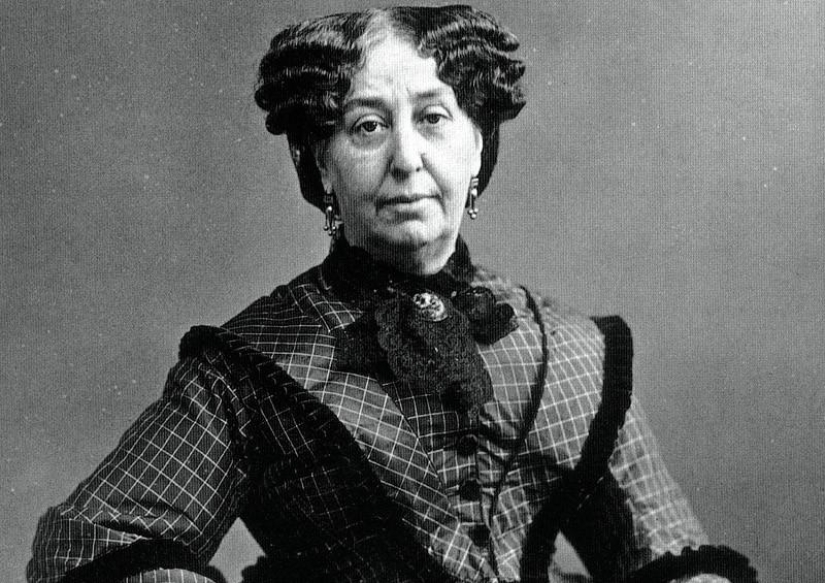
George Sand (1804-1876) used to write 20 pages a night. Working at night had become a habit with her since childhood, when she took care of her sick grandmother and only at night could she do what she loved. Later, she would leave her sleeping lover in bed and move to her desk in the middle of the night. In the morning, she did not always remember that she wrote in a sleepy state.
Although George Sand was an unusual person (she wore men's clothes, had affairs with both women and men), she condemned the abuse of coffee, alcohol or opium. To stay awake, I ate chocolate, drank milk, or smoked a cigarette.
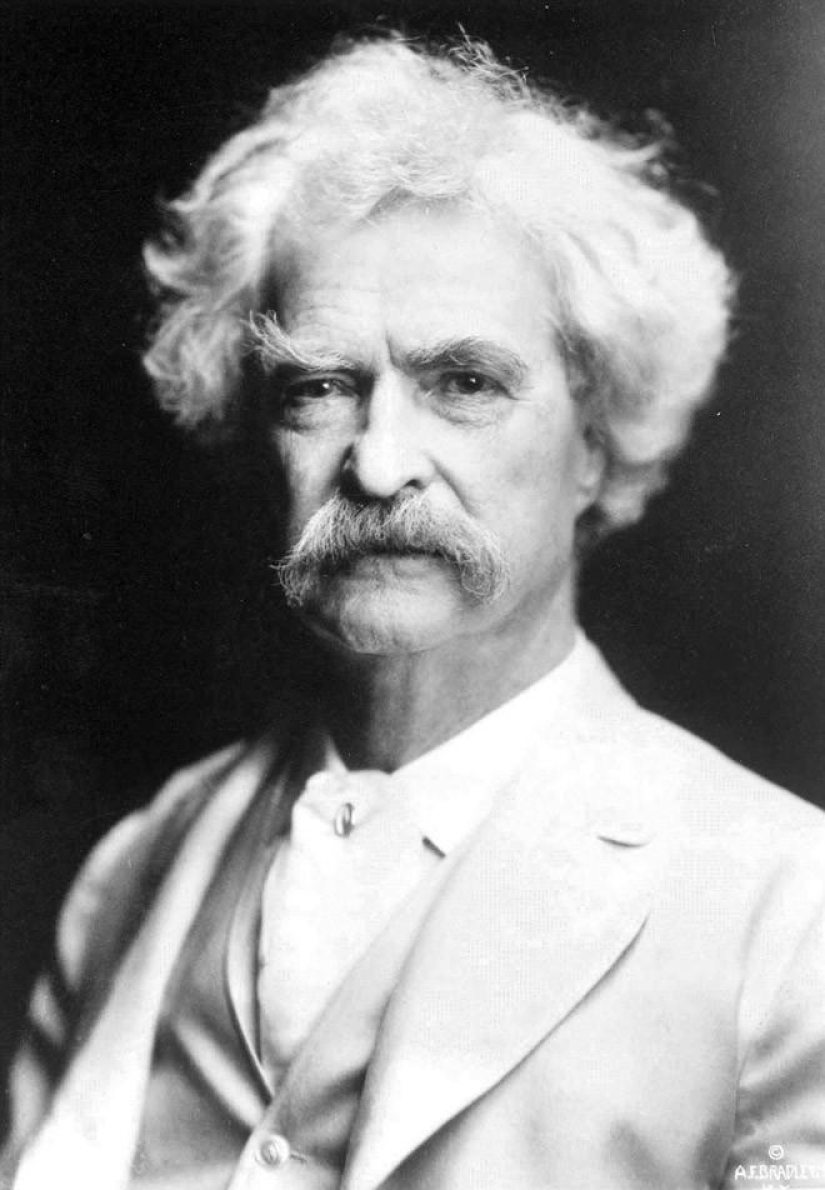
Mark Twain (1835-1910) wrote "The Adventures of Tom Sawyer" on a farm, where he built a separate gazebo-office. He worked with the windows open, pressing sheets of paper with bricks. No one was allowed to approach the study, and if Twain was really needed, the household would blow the bugle.
In the evenings, Twain read to the family what he had written. He smoked cigars incessantly, and wherever Twain appeared, the room had to be aired after him. While working, he suffered from insomnia, and, according to the memories of friends, he began to treat her with champagne at night. The champagne didn't help — and Twain asked his friends to stock up on beer. Then Twain said that only Scotch whisky helps him. After a series of experiments, Twain simply went to bed at ten in the evening and suddenly fell asleep. All this greatly amused him. However, he was entertained by any life events.
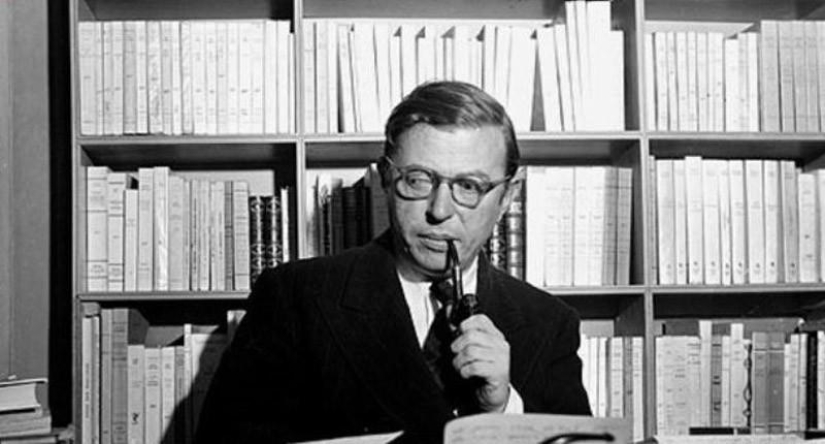
Jean-Paul Sartre (1905-1980) worked three hours in the morning and three hours in the evening. The rest of the time was taken up by social life, lunches and dinners, drinking with friends and girlfriends, tobacco and drugs. This regime brought the philosopher to nervous exhaustion.
Instead of resting, Sartre got hooked on corydran, a mix of amphetamine and aspirin that was legal until 1971. Instead of the usual dosage of a tablet twice a day, Sartre took twenty of them. The first one he washed down with strong coffee, the rest he slowly chewed while working. One tablet — one page of the Critique of Dialectical Reason.
According to the biographer, Sartre's daily menu included two packs of cigarettes, several pipes of black tobacco, more than a liter of alcohol, including vodka and whiskey, 200 milligrams of amphetamine, barbiturates, tea, coffee and fatty foods.
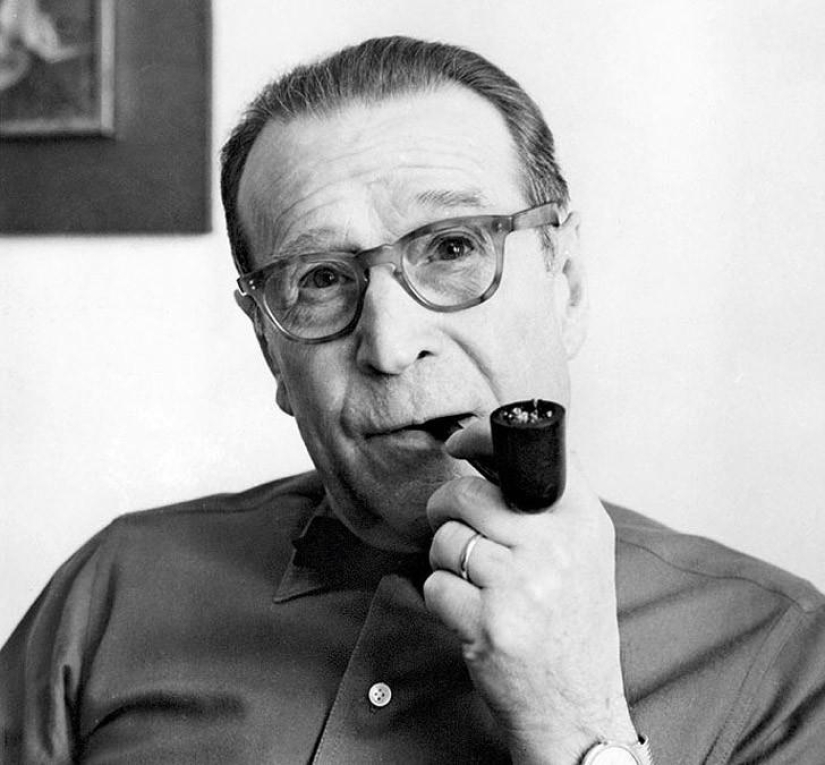
Georges Simenon (1903-1989) is considered the most prolific writer of the 20th century. He has 425 books to his credit: 200 tabloid novels under pseudonyms and 220 under his own name.
Moreover, Simenon did not observe the regime, he worked in fits for two or three weeks, from six to nine in the morning, giving out 80 printed pages at a time. Then I went for a walk, drank coffee, slept and watched TV. When writing a novel, he wore the same clothes until the end of work, supported himself with tranquilizers, never corrected what he wrote, and weighed himself before and after work.
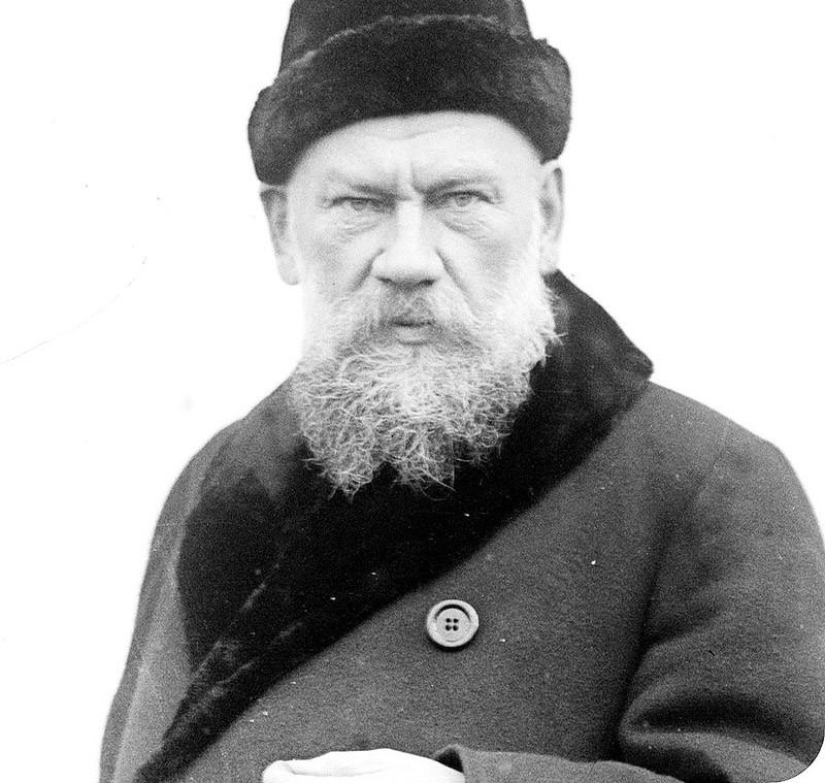
Leo Tolstoy (1828-1910) was a buka during his work. He got up late, around nine o'clock, and didn't talk to anyone until he'd washed, changed, and combed his beard.
I had coffee and a couple of soft-boiled eggs for breakfast and locked myself in my office until lunch. Sometimes his wife, Sophia, sat there as quietly as a mouse, in case she had to rewrite a couple of chapters of War and Peace by hand or listen to another piece of writing. Before dinner, Tolstoy went for a walk. If he returned in a good mood, he could share his impressions or study with the children. If not, I read books, played solitaire, and talked to the guests.
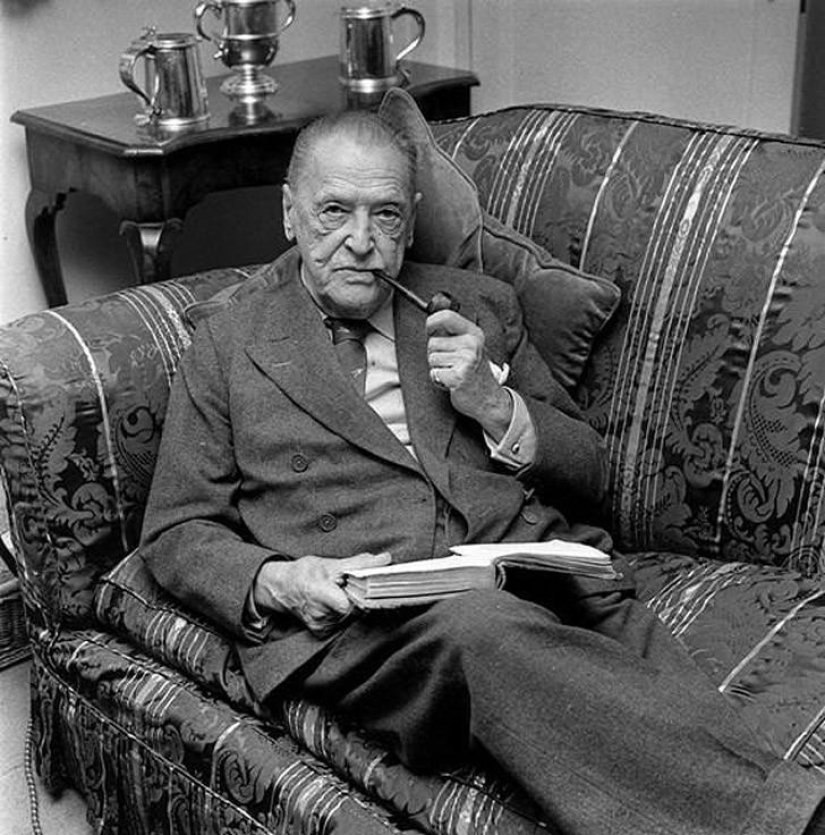
Somerset Maugham (1874-1965) published 78 books in 92 years of his life. Maugham's biographer called his work writing not a vocation, but rather an addiction. Maugham himself compared the habit of writing to the habit of drinking. Both are easy to acquire and both are difficult to get rid of.
Maugham made up the first two sentences while lying in the tub. After that, I wrote a daily norm of fifteen hundred words.
When Maugham stopped writing, he felt infinitely alone.
Keywords: Work | Culture | Celebrities | Book | Writer | Literature
Post News ArticleRecent articles

Treasures are all associated with pirates, robbers and the affairs of bygone days. You will be surprised, but countless treasures ...

Professional street photographer Eric Kim teaches his craft in workshops around the world. Next, you will find some tips from a ...
Related articles

The fullness of women's buttocks has been appreciated by men at all times. The face, legs and chest, of course, drive you crazy, ...

All the things that surround us were once invented and changed over time, becoming more functional, safe and aesthetic. Any, even ...

At work, a modern person spends a lot of time and devotes it entirely to his employer. But you can extract from these 8-12 hours an ...

An Englishman, a German and a Russian meet... No, this is not the beginning of another joke, but a rough description of a video ...